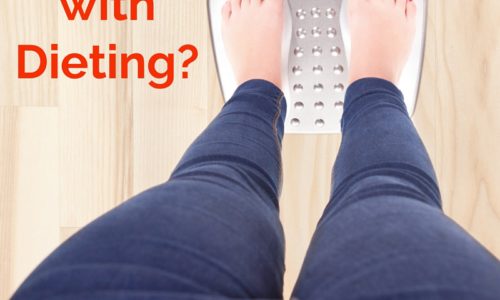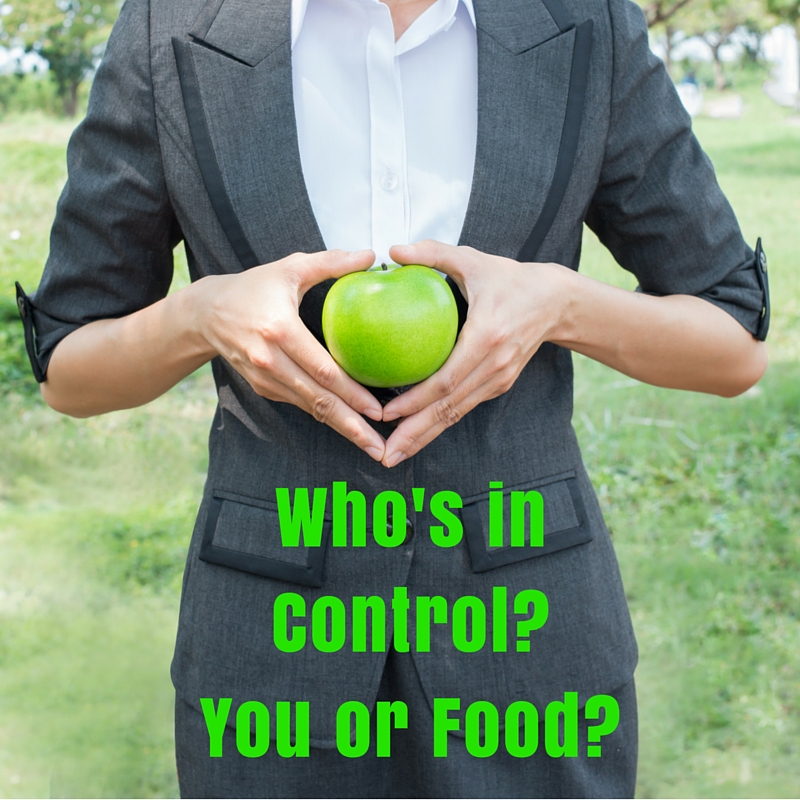
I really dislike labels. I especially dislike labelling the way we eat, the way we look, and the way we behave.
“I eat clean. I am fat. I am a perfectionist.”
Why do we need to make judgement instead of making way for growth, understanding and change?
Labelling the way we eat is a dangerous tendency. We get so caught up in whether we’re doing it right or not.
It develops a righteous thinking attitude, that for some can translate into control: If I can control my healthy diet, I can control the way I feel.
Strong, intelligent and capable women are finding their way to me all the time. Although they may be successful in other areas of their lives, it is often their relationship with food and eating that is taking the greatest toll on their mental and physical health.
Healthy or clean eating has become a fashionable hashtag on social media and there is alarming concern for the impressionable youth who are more likely to follow promising images of health, fitness and food porn constantly displayed in their Facebook, Instagram and Pinterest feeds.
Each post has become a carefully crafted version of health, that for some people with a certain temperament, can easily turn into a healthy lifestyle obsession that makes no allowances for the ugly side of being human.
I so often see pro-health and fitness accounts posting unrealistic ideals of perfectly tanned and glowing skin, with colourful raw and ‘clean’ foods as the only way to healthful and happy living.
This simply isn’t true, or realistic.
The term orthorexia nervosa was coined in 1997 by Dr. Steve Bratman in a book titled Health Food Junkies. He defined the condition as an unhealthy obsession for perfectly clean living – for example, obsessing over a food’s purity and the origin of it, or only eating “clean foods” that are free of toxins.
Such fixation on righteous eating can encourage removal of important food groups, increase anxiety around food and eating, lack vital nutrients for a developing body, and cause dysregulation of hormones and reproductive cycles (such as amenorrhea).
An unhealthy obsession like this can also cause distractions in daily living so that work performance declines, and relationships suffer, culminating in a loss of participation in a full range of social activities and personal accomplishments.
Therefore, the worth, power and pleasure derived from developing meaningful relationships, pleasurable pursuits and creative connections is vastly diminished as the food fixation takes over their life.
This rigid approach to pure eating usually includes extensive and even punitive exercise regimes.
The last updated Diagnostic and Statistical Manual of Mental Disorders (DSM-5) does not recognize the condition as an eating disorder, however does concede that it conforms to the behaviours that define eating disorders, which affect more than 900,000 Australians.
Symptoms include a fixation on purity, and a fear of foods that might derail that “perfection.”
Those who have a tendency toward extremes in other areas are more susceptible to developing it — especially once they start cutting out entire food groups.
I urge you not to fall into the trap of comparing yourself to pretty pictures with artful filters that suggest only clean living and healthy eating are the keys to happiness.
If you recognize your own clean eating obsession and fixation on pure foods that has taken over your thinking, diminished your health and disconnected you from living, then please seek help and contact me for support.
I can help you rebuild your relationship with food HERE.
Love and Wellness
Viki xo
About Viki
Viki Thondley is a Brain-Body Wellness Specialist and qualified Holistic Counsellor, Meditation Therapist, Wellness Coach and Eating Psychology expert who inspires women to rewire their mindset from dieting and restriction to whole-self nourishment, self-care and whole food healing. Recovered from bulimia nervosa and the many years of hormonal imbalances, food prison and self-sabotaging behaviours’, Viki is an inspiring speaker and passionate coach who empowers clients with self-love, internal happiness, body confidence and real food freedom.
She is author of “Achieving Your Wellness: Create a Life You Love” and “Healthy Chocolate Delights: Real Food Sweet Treats”.


